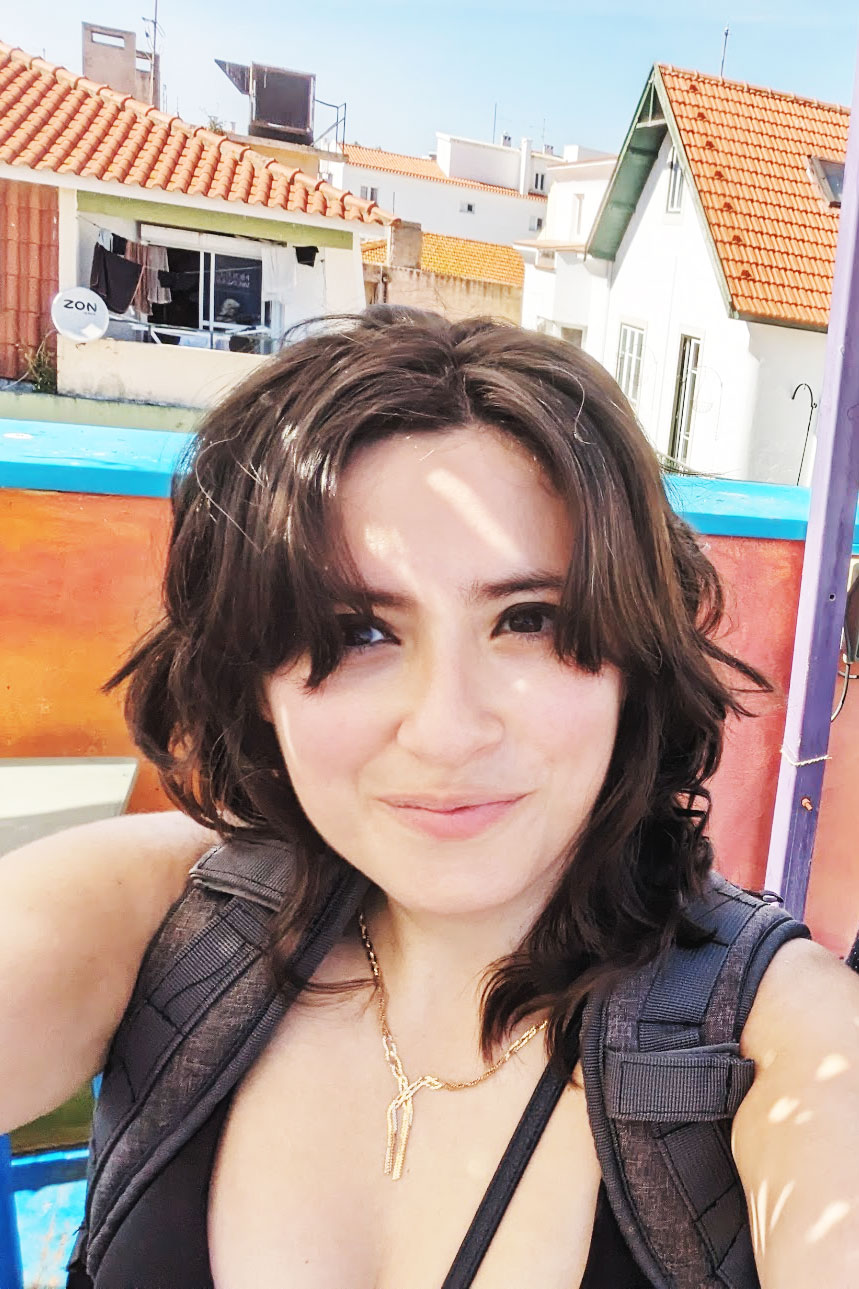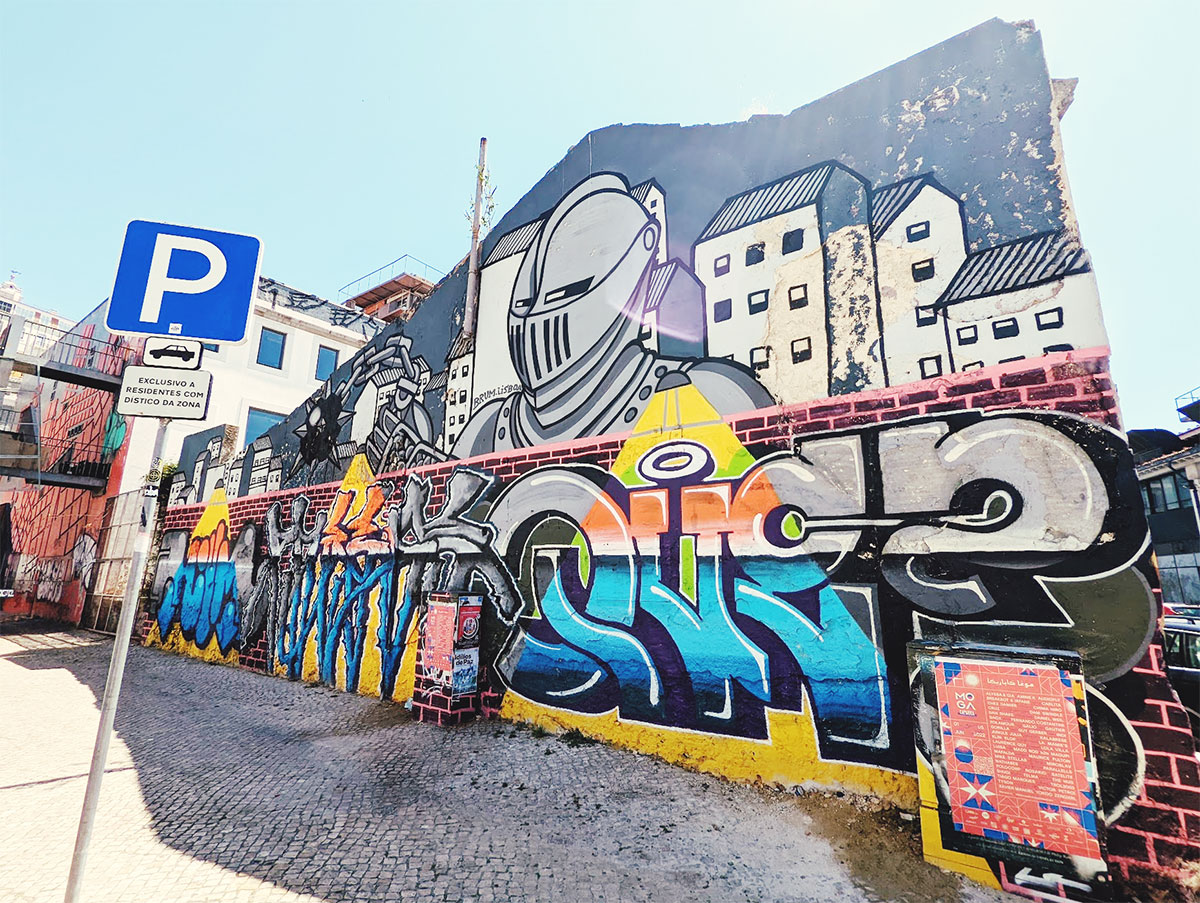Off to Portugal? Most Useful Portuguese Words & Phrases to Learn (They're Easy!)
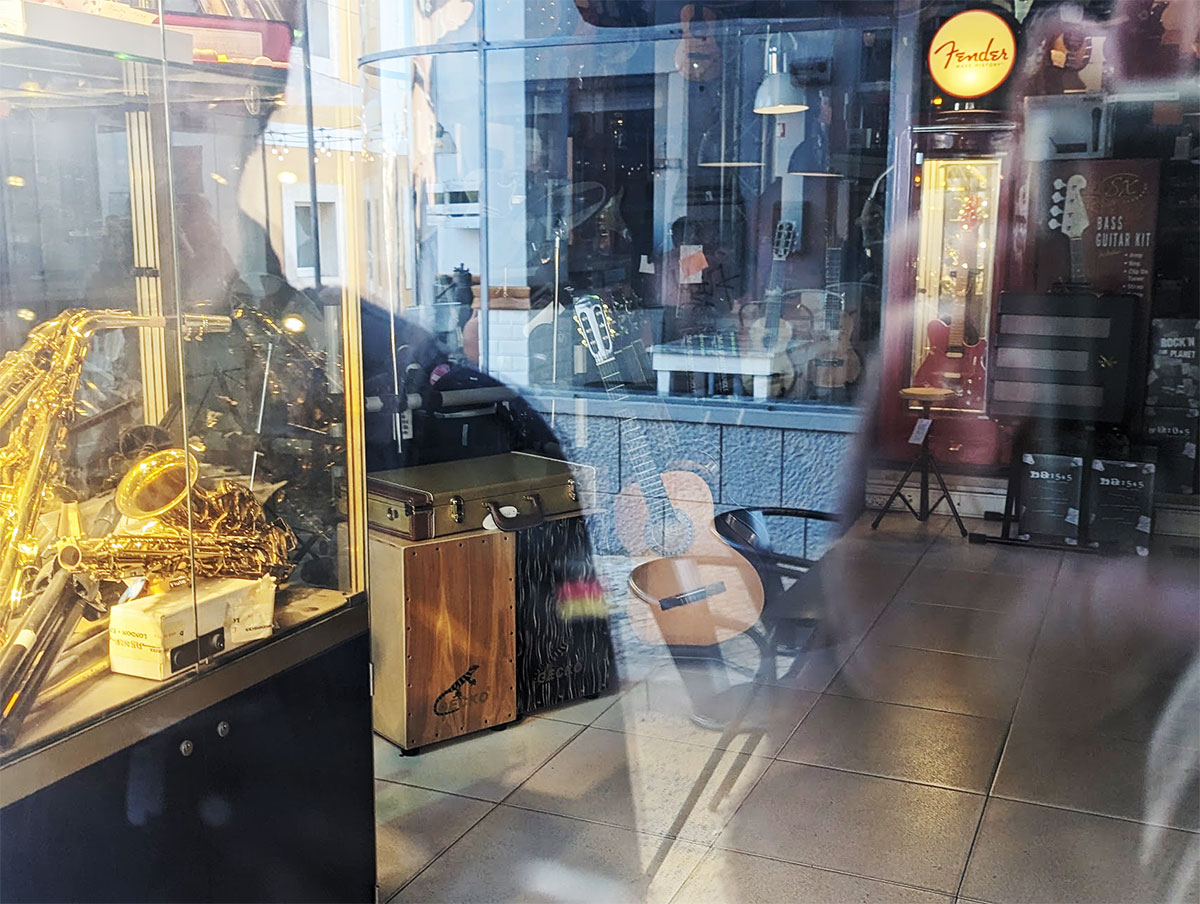
If you're here from the wild west of the internet and haven't yet read a single other article on my blog, I'd like to point you toward an article I wrote answering the common question - "Do Portuguese People Speak English?" as that's really the preamble to this little lesson I've put together.
In that article I spoke about how - if you don't speak anything but English, and haven't got a word of Portuguese under your belt - you shouldn't worry about a trip to Portugal being stressful because of a language barrier if you're off to somewhere in the greater Lisbon region.
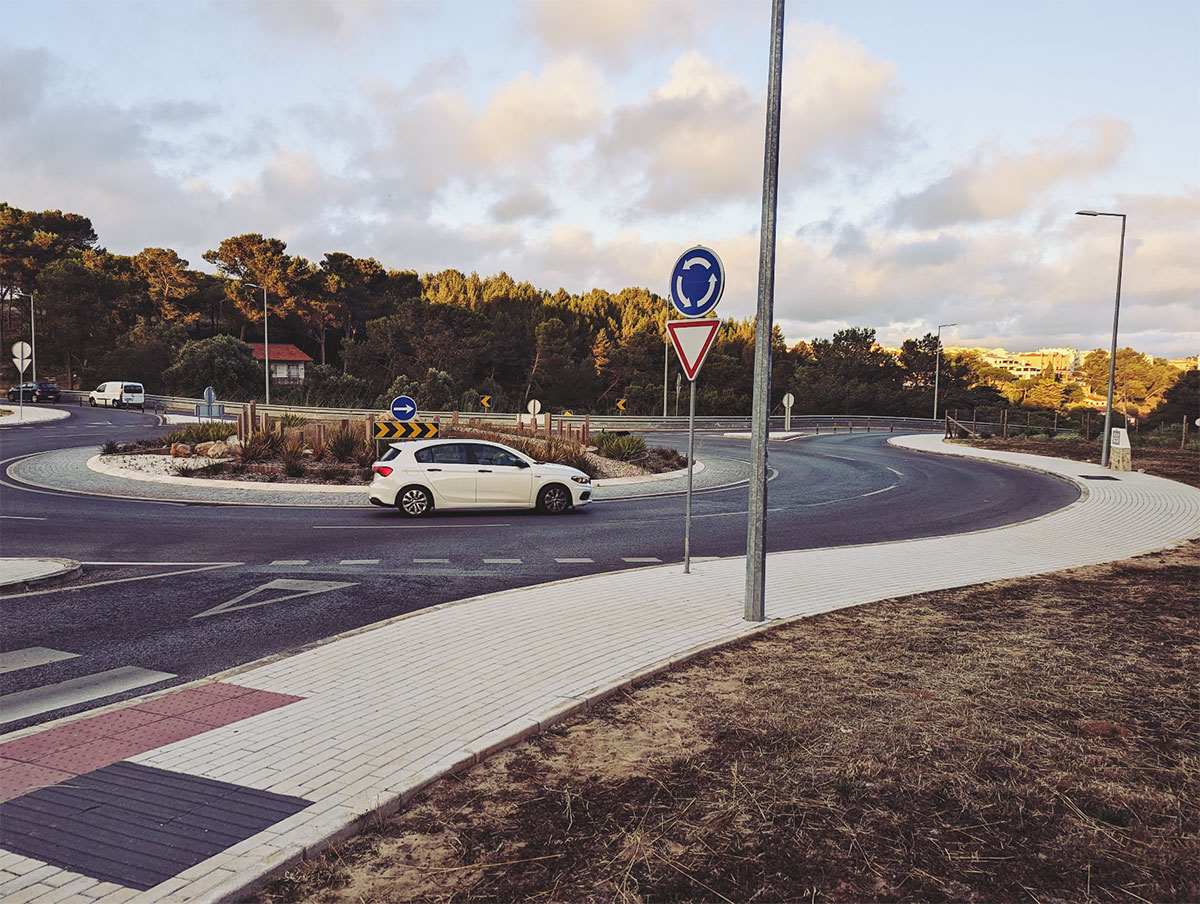
This includes places like Cascais, Sintra, Belém and a bunch of other places included, as Lisbon is both the city and the provence, and the whole of the provence of lisbon, which includes these and many other cities and towns, has a lot of English speakers.
The level of fluency is also incredibly good, so you don't need to worry about the whole "just because they say they speak English doesn't mean I can necessarily communicate with them." Across the board, those who say they speak English actually speak very well in my experience.
The Portuguese have a habit of saying they speak, "A little" English - almost exclusively followed up by nearly flawless use of the English language. It makes me want to vomit from jealousy, I would kill to know "a little" Portuguese the way they know "a little" English - but alas, many years of Duolingo later and I still would have to say that I don't know how to speak Portuguese.
That being said - I know some things, and the best things that have made my life easier and more seamless living in Portugual. There's a pretty short list of really simple words and phrases that I think is essentially the best cheat sheet for getting by in Portugal with the smallest number of Portuguese words to remember. They really pack a lot of bang for buck.
But if you don't manage to remember a single one - don't worry! You will still be just fine if you're travelling or moving to Portugal anywhere near Lisbon or the Algarve. Still, for those of you who want it, this short list is here.
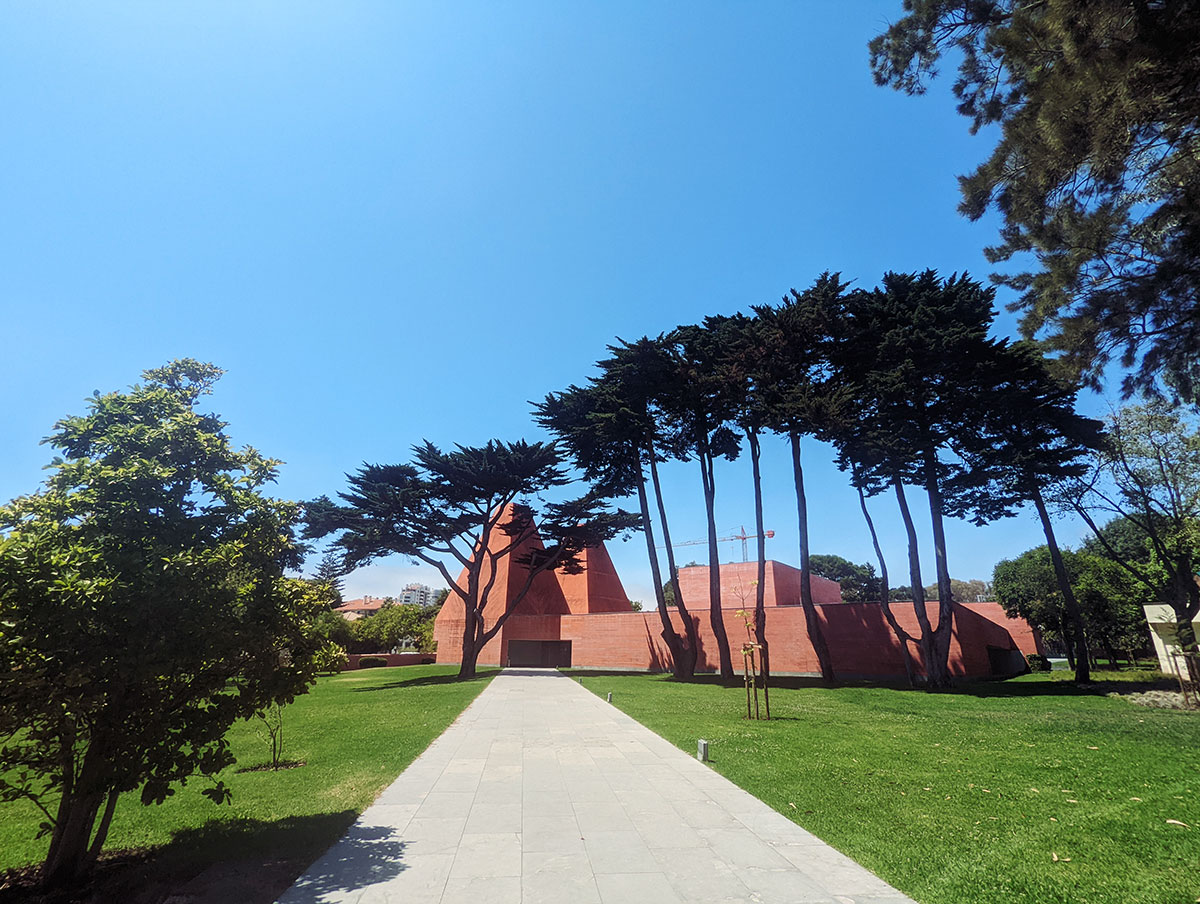
A Quick Thing To Know About Portuguese First
I just want to point out that to a native English speaker, a lot of these words and phrases will sound like they're grammatically wrong because they don't sound like full sentences.
For instance, saying the Portuguese word "todo" which the closest English equivalent would be either the word "all" or "everything" (it means both), would not be a complete sentence, just a word.
You'd never say "Everything" to mean the entire phrase "That is everything." You'd never say "All" to mean the entire phrase "That is all." Not in English.
But in Portuguese, saying just "tudo" to mean both those entire phrases and more is not only colloqually the norm, but is also perfectly grammatically correct.
So to our ears, it may sound like a lot of words are missing in a lot of different Portuguese sentences and phrases, but that's just how the Portuguese language works.
Short, effectiant, and pretty cool, honestly - and something I really love about the Portuguese language.
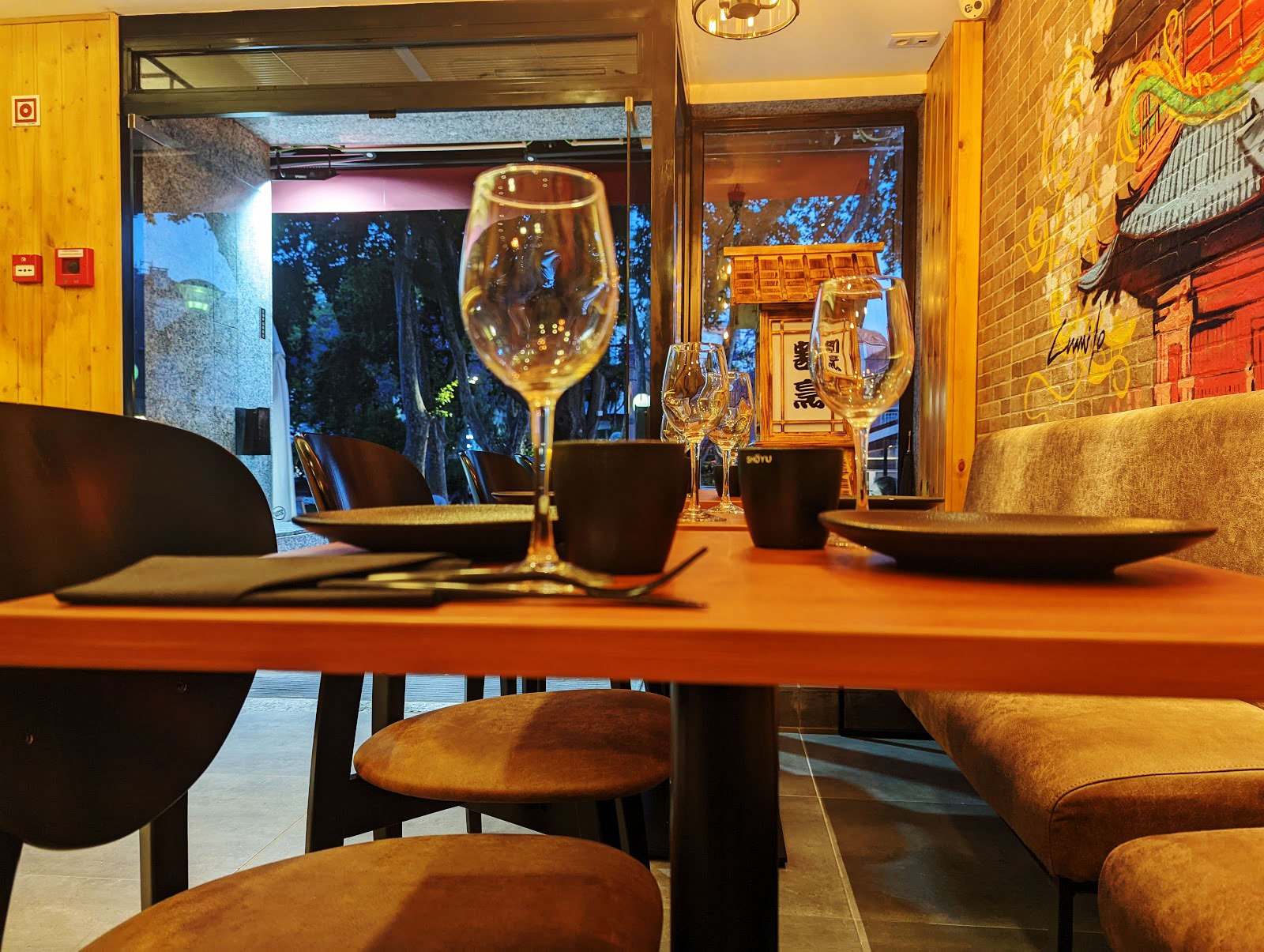
Part I - Words: The Most Useful Portuguese Phrases to Learn Before Visiting, Travelling to, or Moving to Portugal
There are a few things you can learn that will help you out if you're trying to make some effort before a trip to Portugal or a move to Portugal.
1. "Yes" and "No"
The first and second are how to say "yes" and "no" in Portuguese - these are so useful to know. Yes is "sim" (said: "seam") - and no is "nao" (said: "now"). And they make life so much easier when you know them and are easy to remember.
2. "Thank You" and "Sorry"
The third is the word "thank you" - which is "obrigado" ("ob-ri-gad-do") if you are a man, and "obrigada" ("ob-ri-gad-da") if you are a woman.
The fourth is the word "sorry" or "pardon me" - which is "desculpe" ("dez-cul-pay") if you are a man, and "desculpa" ("dez-cul-pah") if you are a woman.
These words are conjugated based on your gender.
3. "Want" and Numbers "1", "2", and "3"
Another good one to know is how to say the word "want."
If you use this in combination with the numbers 1, 2, and 3 you can order pretty much anything without issue.
Just saying "Want [number] [item]" and sounding out the name of the item that catches your eye (usually depicted on labels beneath the item, like in a bakery or store, or in a menu in a restaurant), you'll be able to get by without having to use English in almost any case.
The word for want is "quero" (care-o).
And the words for 1, 2, and 3 are "um" ("oom"), dois ("doyse"), três ("trayse").
If you can't get by sounding out the word of the item you want, pointing is 100% the best form of communication in this instance.
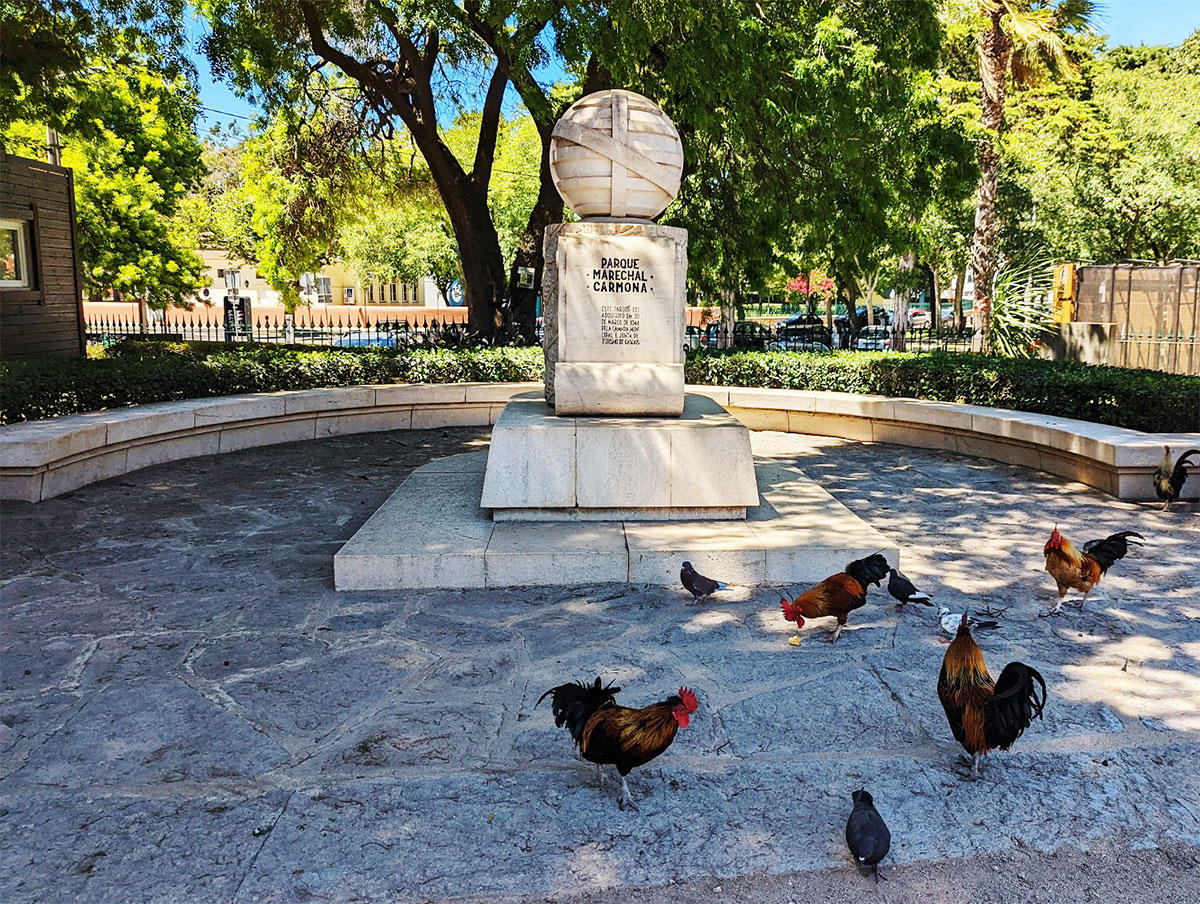
Part II - Phrases: The Most Useful, Simple & Easy Portuguese Phrases to Learn Before Visiting, Travelling to, or Moving to Portugal
The next best things to learn are phrases, so let's get into some of those.
1. "Do you speak English?"
The #1 most useful - for me - has been learning how to ask "Do you speak English?" in Portuguese. Which there are many ways to say, the easiest of which is "fala inglês" ("falla eng-laze").
This is usually my precursor question, and most often people will respond, "A little" to it and then go on to speak in practically perfect English that makes me die of jealousy at their "little" language skills which are very, very big to me. But I digress. Onto the next phrase.
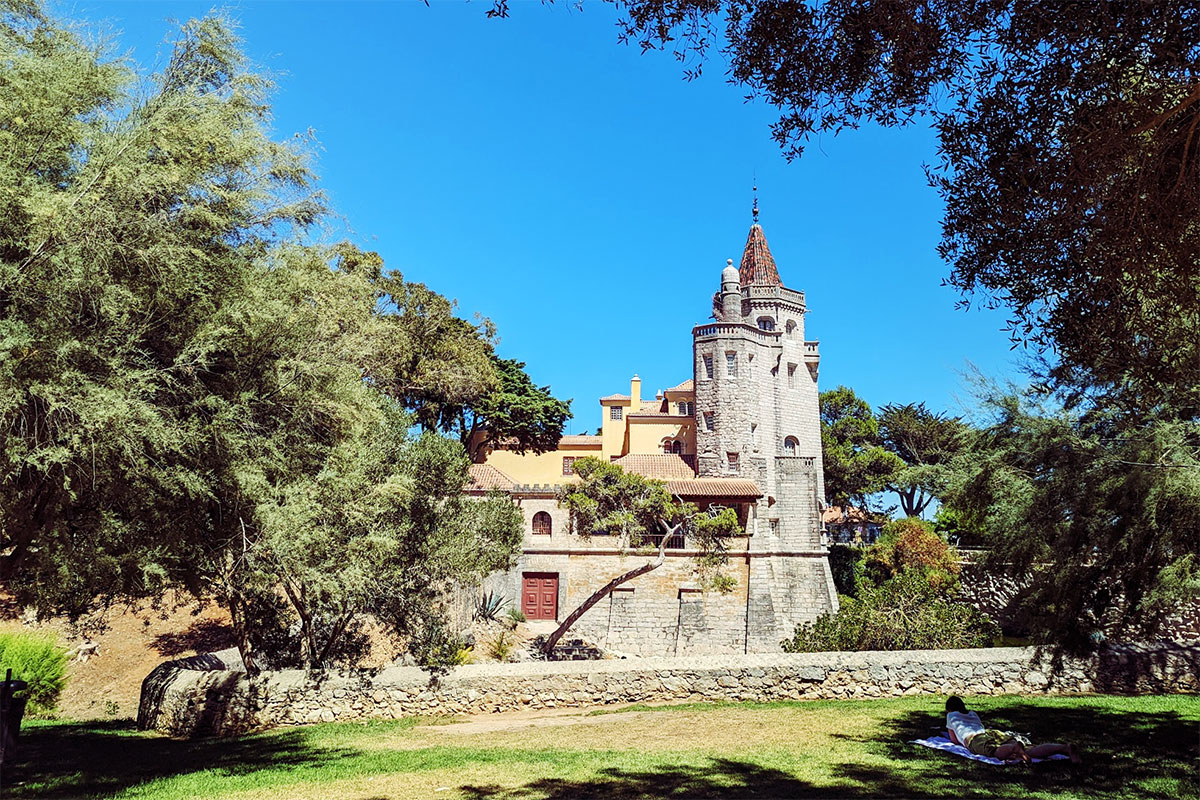
2. "All Good" / "All Right" / "I'm Well" / "Everything"
The Portuguese have this fantastic phrase that sounds amazing and is quite literally the best catch-all phrase you could possibly learn in the language because it applies to so much.
It can mean "All right," "All good," "I'm well," "Everything," "Is that all?," "Is everything done?" "Everything is done!" and so many more sentences. Boiled into this one - or varied into two - simple catch-all phrase.
The prase is either "tudo bom" ("two-do bohm") or "tudo bem" (two-doh bem"), and they mean something a little different, but similar, and you can get away with using either in most circumstances.
"Tudo bem" essentially means "All is well"
While "tudo bom" essentially means "All is good."
You can use this in so many situations it's unreal.
Uber driver breaking the ice, an old friend greeting you, to ask you how you are? They'll probably ask you one of the two in the form of a question "Tudo bem?"
Your response? Either one of the two, in statement form: "Tudo bom"
Double checking to make sure someone is okay on the street if they look like they might need help? Same question.
Chop this phrase into single word pieces and it's just as useful.
The shortened version of the phrase - just the single word "tudo" (meaning everything or all) works perfectly for at the end of an order - making sure the credit card transaction is done and your bill is clear, making sure you've got all the bags from your food order handed to you by your Uber delivery driver, making sure after you've signed that someone doesn't need anything else for you.
Just a simple question - "Tudo?" and then a simple response back from the service provider - "Tudo!" will do the job.
And of course, you can only imagine how useful the word "bom" on its own would be. You can use just this word just about anywhere you might use the phrases "Good," "Nice," "That's good," "This is good," etc. Super helpful.
Simple, efficient, easy, and such perfect words and the perfect phrase. Honestly, I wish we had some equivalent in English that was so colloqually used. I mean we can go around saying, "All good?" "All good!" in English, but it just doesn't have the the same vibe or catch-all connotation.
3. "Your name?" and "Here Is Good"
If you're in an Uber or Bolt (by the way, download Bolt to use here as an Uber alternative, it's great!), there are 1 or 2 questions that will be asked of you at the beginning of your ride, typically.
First, they'll ask for your name, which can be asked in a multitude of ways, but usually they'll say, "seu nome" ("sey-o nom-may").
Just say the name of the person on the Uber account when you hear this - or even skip it and say it when you first enter an Uber and that'll immediately get things going as this part can be efficiently skipped if you jump the gun.
The second question, if you get it, is often a confirmation of the address you're headed to. So you can just repeat the address or say, "Sim" when the driver tells you the address and you double check that it's correct.
At the end of a ride, a driver will typically ask whether the spot they're at is good, or if you know where you're going or see that you're here, you can jump the gun and just say the equivalent of "Here is good" in Portuguese.
The phrase I use in this instance is "aqui é bom" ("ah-key ay bohm") meaning "here is good." They'll know exactly what you mean and stop the car, park, or get ready to let you out if they've stopped already.
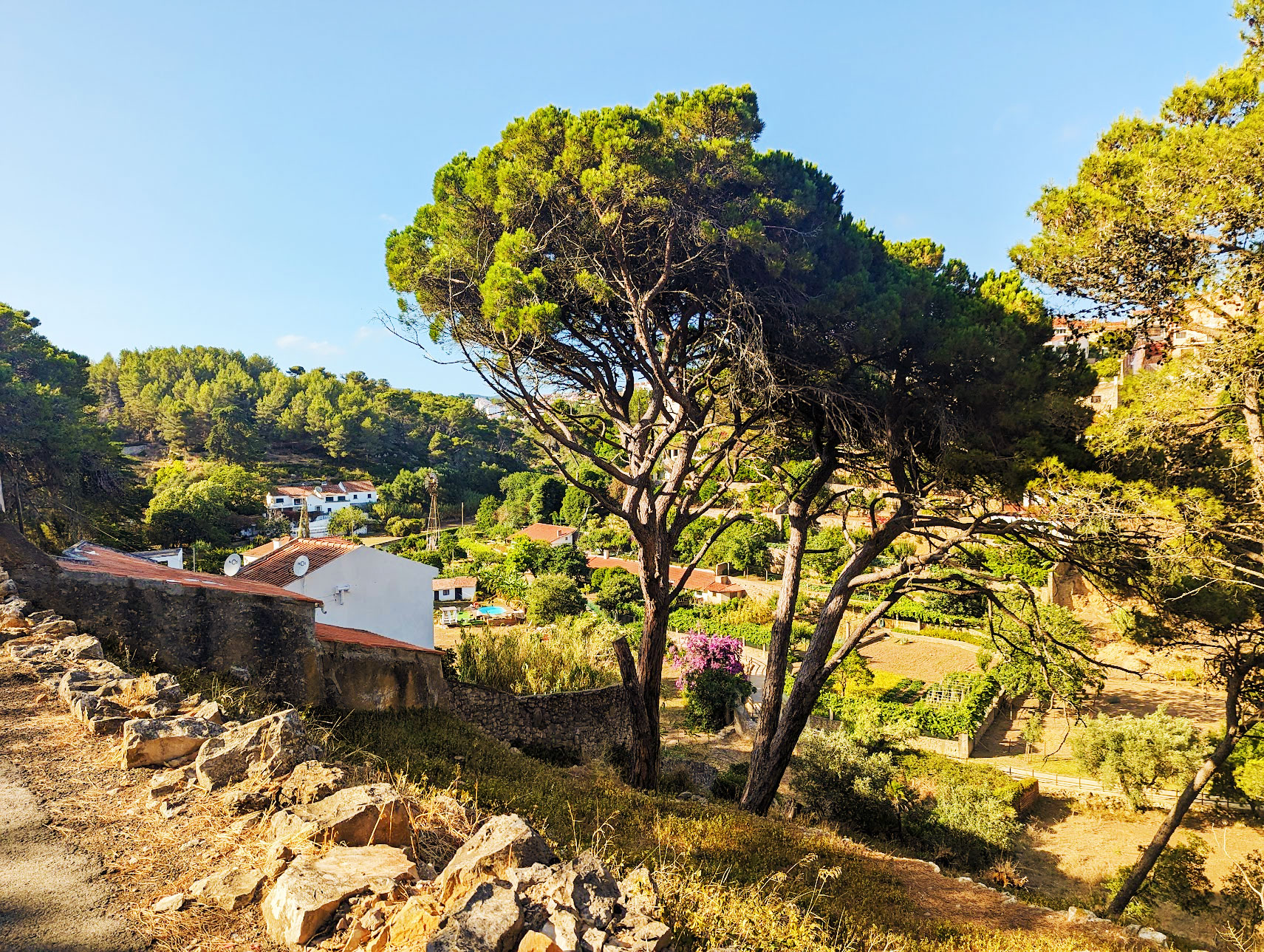
4. "Nice to meet you!"
This one is tricky sounding to me and I've heard it said before and didn't recognize it because of an accent being very thick.
I would say it's good to recognize it even if you can't say it, but there's a very short version that's literally one word that you can say that works to take it's place.
The phrase "Nice to meet you" in Portuguese is often said in multiple ways:
- "Prazer em conhecer voce" ("pra-zeer em con-he-cer voh-say")
- "Prazer em conhecê-lo" ("pra-zeer em con-he-say-low")
- "Prazer em conhecê-la" ("pra-zeer em con-he-say-lah")
And honestly the best and easiest way for us foreigners...
"Prazer" (pra-zeer")
I think the translation that makes more sense is something like "Pleasure to meet you," or "Pleased" to meet you.
I think if you hear a sentence that starts off with this word it's safe to say they are greeting you and saying the equivalent of "Nice to meet you," in which case, an apt response would be "Prazer" - which would be the equivalent of how we'll say "I'm pleased to meet you, too" or "The pleasure is mine."
It works. They'll understand. And it's a lot less confusing than trying to figure out the which version to say for which person as there are geographical preferences (the Portuguese don't use the word "voce" very often, for instance, but Brazilians do, and the other two I believe are conjugated based on either your gender or theirs, I can't remember which).
Either way, shortcuts are good! And if you want an explanation be sure to ask someone Portuguese, as they will do a much better job explaining than I ever could and they'll absolutely love that you asked a question like that.
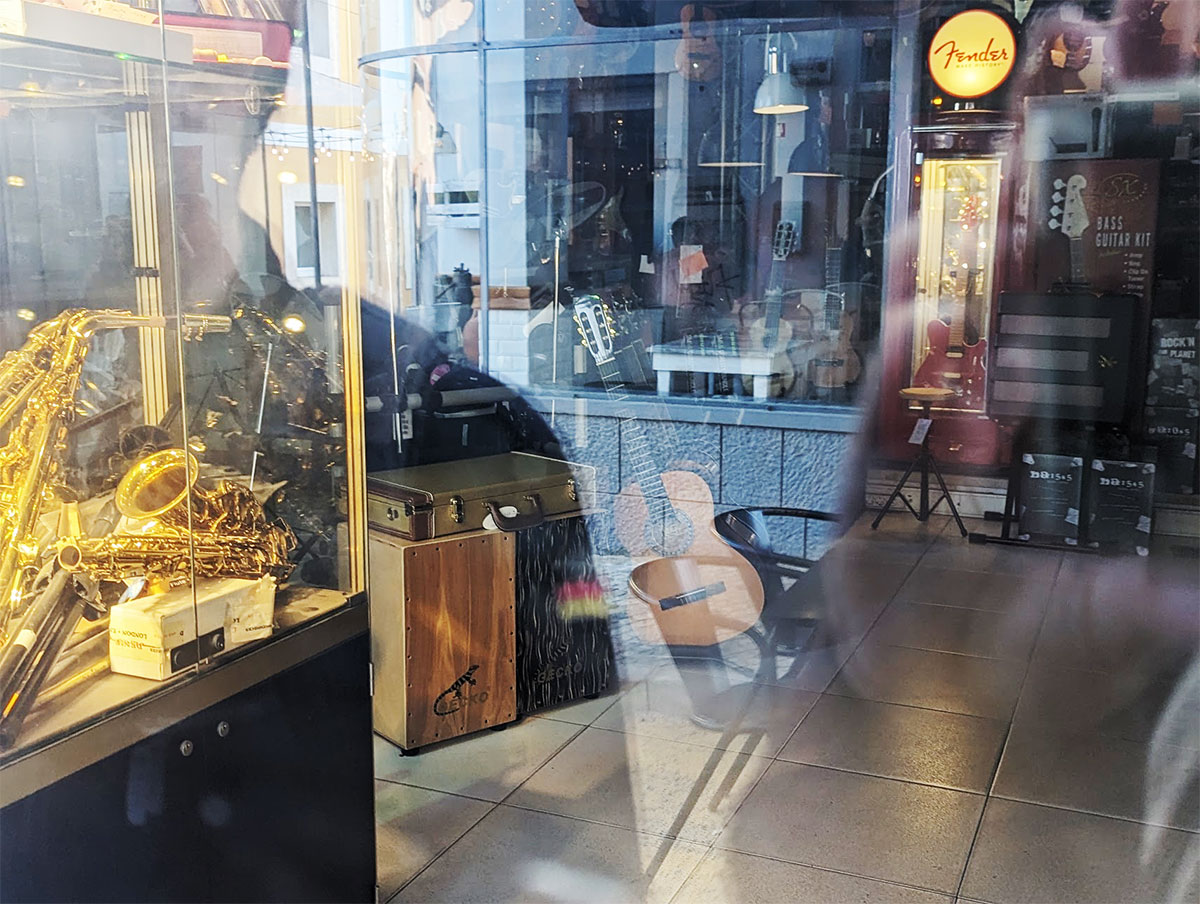
That concludes your brief Portuguese lesson! But as I've said all ready and will repeat until the cows come home - if you are travelling to Portugal and only speak English - don't worry about the language barrier. You will be just fine, I promise!
